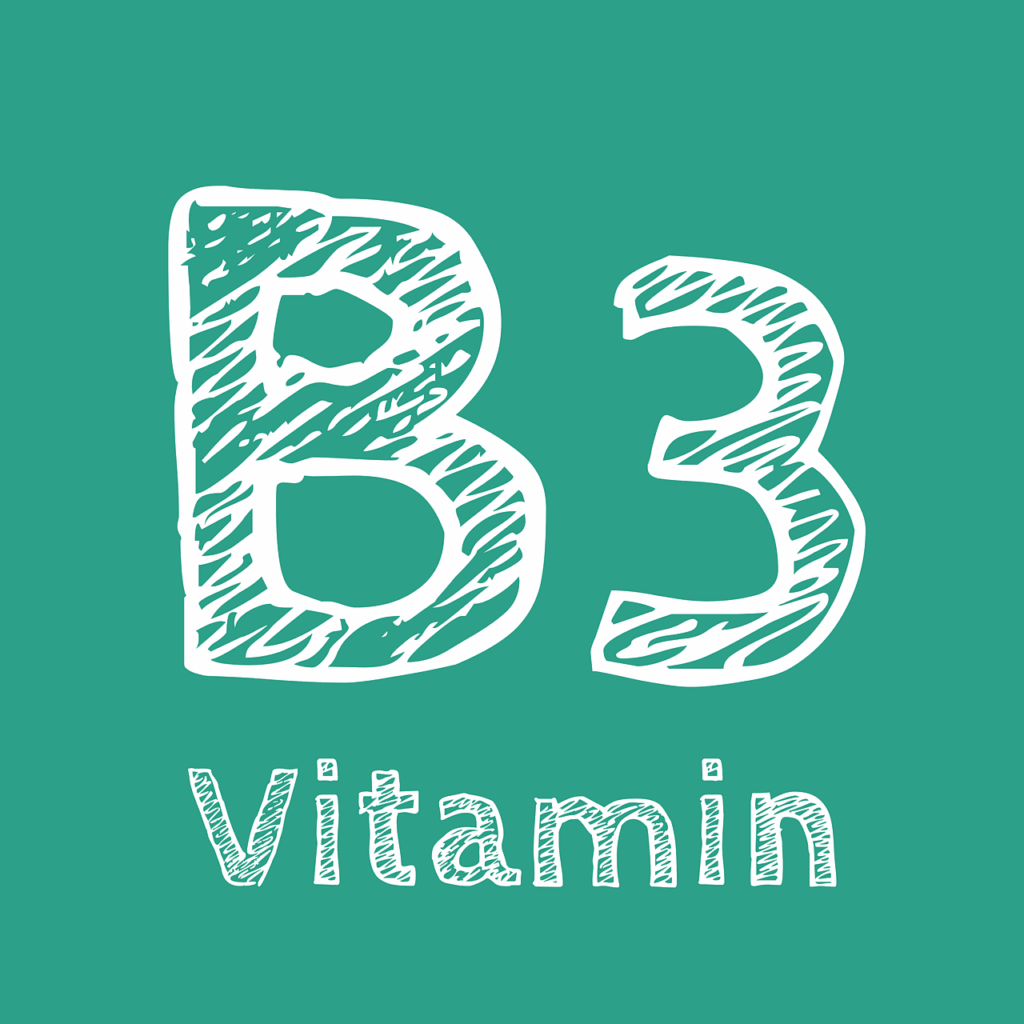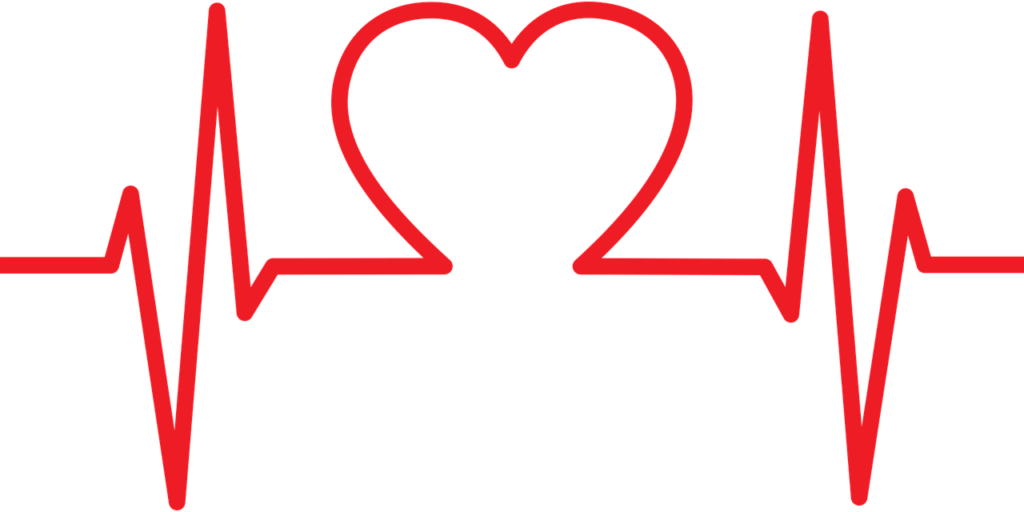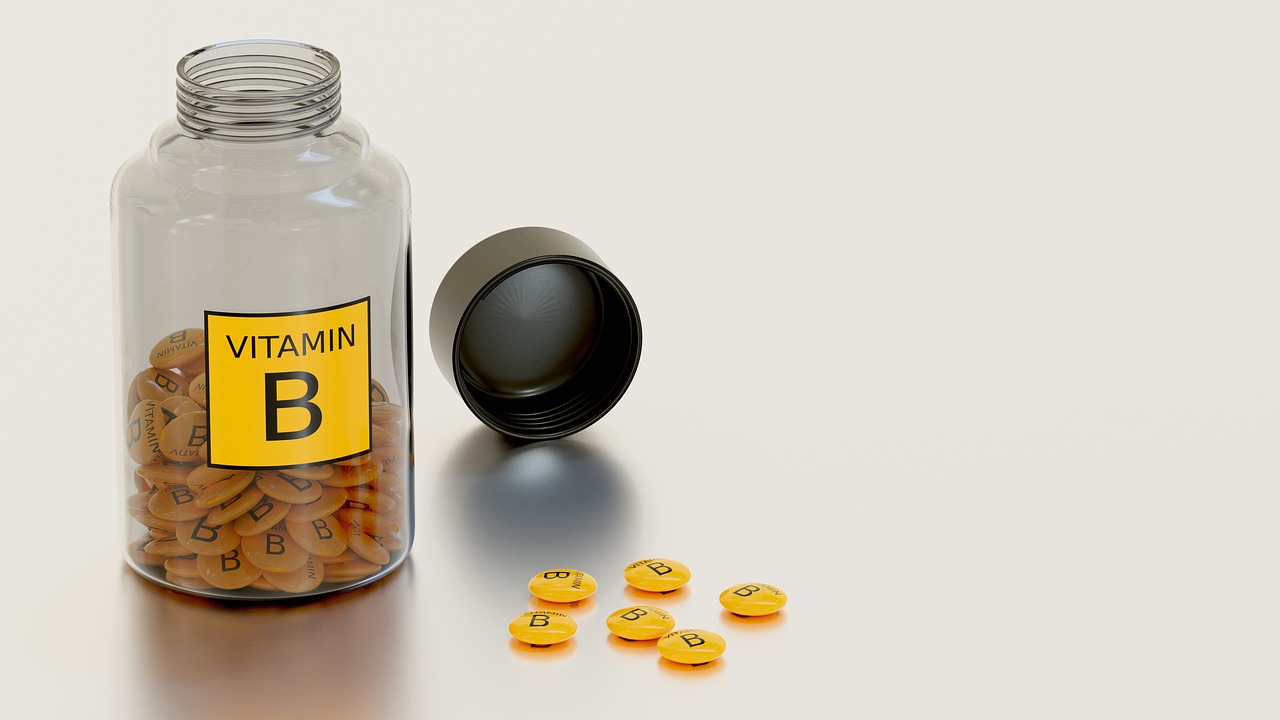Everything You Need to Know About the Incredible Vitamin B3
Vitamin B3, also known as niacin, is one of the most versatile and vital nutrients that your body needs to function properly. From boosting brain power to keeping your heart healthy, vitamin B3 benefits nearly every system in your body in critical ways. This miracle micronutrient provides powerful therapeutic properties that everyone should consider incorporating into their diet on a regular basis.
What Exactly is Vitamin B3?
Okay, ladies! Let’s dive in! What is Vitamin B3, you ask?! Well, it’s one of eight essential B vitamins that are water soluble. It was discovered back in 1937 and was noted as a treatment for pellagra, a disease caused by niacin deficiency. Niacin is unique in that it is made up of two different compounds – nicotinic acid and nicotinamide. Both forms play various roles in maintaining proper health and wellness in the body and mind. The recommended daily allowance (RDA) for adults is approximately 14-16mg per day.
Let’s talk about some of the awesome benefits of this powerhouse!
Top 7 Science-Backed Benefits of Vitamin B3
- Supports Brain Function
Among niacin’s most valuable attributes is its positive effect on the brain. The two niacin compounds play vital roles in brain cell metabolism and blood circulation, supplying the brain with the fuel and oxygen it needs to thrive. Research indicates that vitamin B3 may improve cognitive function, protect against Alzheimer’s disease, and reduce the risk of age-related cognitive decline.
- Boosts Energy Levels
Do you feel fatigued throughout your day? Vitamin B3 just might give you the energy boost you need. As a critical precursor for NAD and NADP, vitamin B3 helps convert nutrients from food into cellular energy. This is key for helping your mitochondria, the powerhouses inside your cells, operate at peak performance. When your cells have efficient energy production, you have more pep in your step!
- Supports Healthy Skin
Struggling with dry, flaky, irritated skin? Vitamin B3 can come to the rescue! It acts as a powerful antioxidant and anti-inflammatory to soothe and protect skin. By increasing collagen production, niacin helps keep skin looking plump and youthful. It also reduces redness, blotchiness, and inflammation associated with acne, rosacea, and eczema flare-ups.
- Boosts HDL Cholesterol
Want to keep your heart healthy and blood vessels clear? Vitamin B3 is up to the task. It raises levels of “good” HDL cholesterol in your bloodstream which works to remove plaque buildup inside artery walls. At the same time, B3 lowers triglycerides and “bad” LDL particles. This one-two punch provides heart disease protection by reducing cholesterol oxidation and improving circulation.
- Eases Arthritis Symptoms
Joint pain and stiffness got you down? Research indicates that the powerful anti-inflammatory abilities of vitamin B3 can minimize symptoms associated with rheumatoid arthritis. For example, in one analysis, patients who took niacin daily experienced significantly decreased joint pain compared to the placebo group. The niacin group also reduced their dependence on standard arthritis medications.
- Treats Migraines
Migraine sufferers take note! Niacin supplementation may help reduce the occurrence and intensity of migraine headaches. Studies demonstrate that pairing B3 with migraine prescription medications results in greater pain relief and less headache days per month for patients. Researchers believe niacin helps enhance blood flow while reducing inflammation in blood vessels which triggers migraines.
- Improves Blood Circulation
Vitamin B3’s ability to widen blood vessels allows more oxygen-rich blood to reach organs and tissues. As a vasodilator, niacin supplementation helps decrease high blood pressure and maintains healthy circulation for better heart health.
Top 10 Food Sources of Vitamin B3
- Chicken Breast – Skinless chicken breast contains 9.8mg niacin per 3 ounces cooked, providing over 60% DV.
- Grass-Fed Beef – A 3 ounce serving of lean grass-fed beef offers 6.8mg of B3.
- Turkey Breast – Ounce for ounce, turkey breast has slightly higher niacin than chicken with 10.8mg per 3 ounce serving.
- Tuna – Choose wild caught tuna and get nearly a full day’s worth of vitamin B3! A 3 ounce serving contains 16.2mg niacin.
- Salmon – Wild salmon contains 10.5mg per 3 ounces, providing over 65% of the recommended daily amount.
- Mushrooms – Snack on 5 medium portobello mushroom caps and you’ll be ingesting 7.3mg of niacin.
- Peanuts – A quarter cup serving of dry roasted peanuts offers 4.4mg of vitamin B3.
- Green Peas – Just one cup of cooked green peas provides 2.2mg, or 15% DV.
- Avocados – One full avocado has 2.6mg niacin.
- Brown Rice – Choose brown rice over white and gain 2.2mg of B3 per cooked cup.

Vitamin B3 Supplements

In supplement form, niacin is available as niacinamide (nicotinamide) or nicotinic acid. It’s sold as a standalone supplement, in B-complex formulas, and in multivitamins. The tolerable upper intake level (UL) for adults is 35mg per day. Niacin supplements are available in doses ranging from 20 to 500mg to treat specific health conditions. It is important to note that amounts greater than 35mg per day can cause side effects like flushing, stomach upset, and liver damage. It’s best to stick close to the RDA unless under medical supervision.
For general wellness, look for vitamin B3 supplements in the 14-16mg range. Compare to make sure you are getting the most quality for the cost. High quality B3 supplements should include:
- Niacinamide not nicotinic acid – gentler on the stomach.
- No unnecessary fillers or preservatives.
- Non-GMO ingredients.
- Good Manufacturing Practices (GMP) certification.
- Forms like capsules or tablets for accurate dosing.
Pairing a vitamin B3 supplement with food sources like chicken, fish, nuts and seeds is the best way to hit optimal daily values.
Major Health Benefits of Vitamin B3
To recap, ensuring you get enough vitamin B3 each day provides the following:
- Sharp cognitive function
- More energy
- Radiant, clear skin
- Balanced cholesterol
- Less joint pain
- Reduced migraines
- Improved circulation and heart health

This powerhouse micronutrient enhances nearly every system and process in the body. It protects your cells, boosts mitochondrial energy production, acts as an anti-inflammatory, and nourishes your brain, skin, and heart. Pretty impressive for a single vitamin, right?! By including a variety of niacin-rich foods along with a quality B3 supplement into your routine, you’ll notice the benefits and feel your healthiest.
Side Effects and Precautions
While vitamin B3 is generally very safe, especially in doses around the RDA of 14-16mg daily, there are some potential side effects to be aware of:
- Liver toxicity – Doses over 35mg may cause liver damage over long term use. Periodically get liver enzyme tests if taking high dose niacin.
- Gastrointestinal upset – High doses can cause nausea, vomiting, diarrhea, and stomach pains. To minimize, take with food and start with a low dose.
- Flushing – Vasodilation from niacin supplements causes temporary reddening of the face and body that is harmless but uncomfortable. Taking an aspirin 30 minutes prior can reduce flushing.
- Gout – Large amounts of niacin may elevate uric acid levels, worsening gout symptoms. If you have gout, keep niacin intake under 100mg per day.
- Diabetes – Niacin can raise blood sugar levels. Monitor your blood sugar closely and consult your doctor about adjusting medications as needed.
- Vision loss – High doses over 100mg per day can adversely effect vision. Have your eyes regularly checked by an ophthalmologist.
To avoid adverse side effects, stick close to the RDA for niacin from food and supplement sources. Only take larger doses of vitamin B3 under your healthcare provider’s supervision.
The Bottom Line on Vitamin B3
Vitamin B3 is a micronutrient power player that should not be overlooked. With benefits that span from head to toe, getting adequate B3 in your diet is vital for energy, cognition, skin health, arthritis relief, and protecting your heart. Aim for 14-16mg daily from wholesome food sources like poultry, fish, nuts, seeds, mushrooms and beans. If your diet falls short, a quality niacin supplement can fill the gaps. Speak with your doctor to determine the right supplemental dose for your needs.
With the comprehensive information provided in this ultimate guide, you can now harness the full healing potential of vitamin B3. Here’s to your health!







